News
Reserve Bank of Zimbabwe to launch P2P digital gold token platform
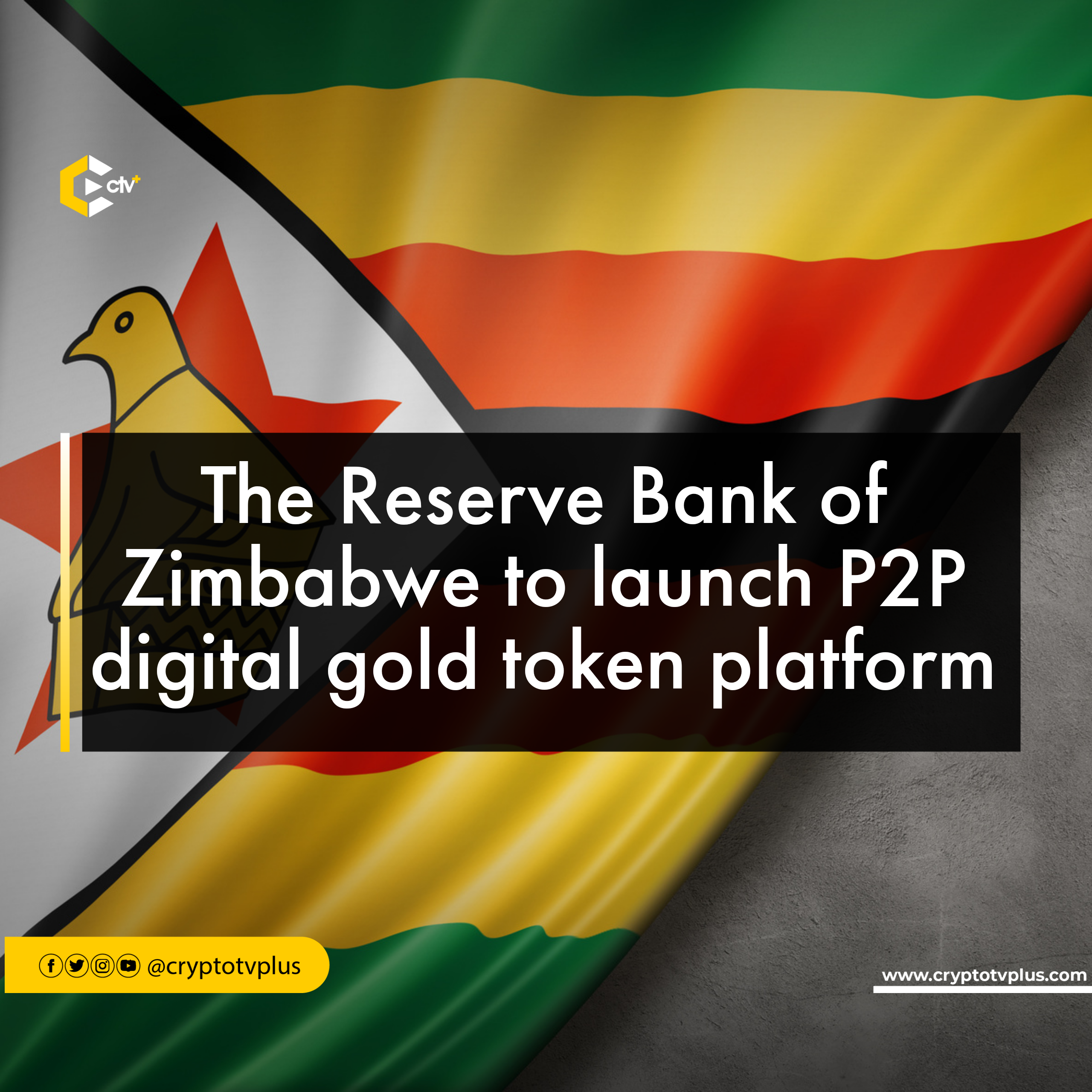
The Reserve Bank of Zimbabwe (RBZ) is preparing to launch its inaugural peer-to-peer platform, which has been under development for some time. The project aims to facilitate simpler financial transactions using digital gold tokens between individual users, ultimately reducing Zimbabweans’ reliance on the US dollar. Moreover, the Reserve Bank believes that this initiative will help stabilize the local currency and bolster the economy.
For years, the Zimbabwean economy has experienced a steady decline, with its currency suffering from hyperinflation. In 2009, the Zimbabwean dollar was completely abandoned, and the country adopted a multi-currency system. In 2019, the Zimbabwean government reintroduced the Zimbabwean dollar; however, it has been plagued by high inflation and instability.
As of June 20, 2023, the official exchange rate of the Zimbabwean dollar to the US dollar stands at 361.9 to 1. However, on the black market, it is over 7,000 to 1. The significant inflation and instability of the Zimbabwean currency have created challenges for businesses operating in the country.
RBZ and London Bullion Market Association
In order to use the platform, which is scheduled to go live in 14 days, users must have gold token-based bank accounts with local commercial banks.
These accounts will allow their digital gold assets to be converted into monetary value, benchmarked in United States dollars for transactions.
It’s important to note that these gold tokens are not currencies, but rather they are linked to the London Bullion Market Association (LBMA). The LBMA is a trade association that establishes standards for the wholesale over-the-counter (OTC) market for gold, silver, platinum, and palladium. As a self-regulatory organization overseen by the Bank of England, it was founded in 1987 and is headquartered in London, England.
The LBMA’s standards are globally recognized and utilized by market participants to ensure the quality and authenticity of precious metals. Additionally, the LBMA publishes daily price benchmarks for gold and silver, which serve as reference prices for trading in these metals. With over 140 member companies from 22 countries worldwide, the LBMA maintains a significant presence.
Regarding RBZ, the central bank has announced that users will have the option to access tokens using their debit cards and electronic wallets. RBZ Governor Dr. John Mangudya stated that the project is currently undergoing testing and will subsequently be launched to the general public. The bank’s plan involves selling tokens in milligrams, with each milligram being equivalent to US6 cents.
In the final week of April 2023, the central bank made its first announcement regarding its intention to introduce a gold-backed currency for its citizens. The question remains: Will this “CBDC” serve as a lifeline for the economy?
Read also;



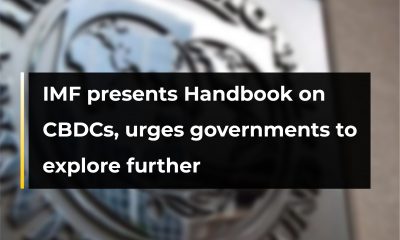

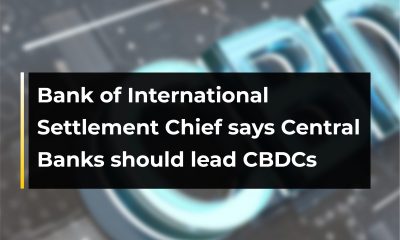



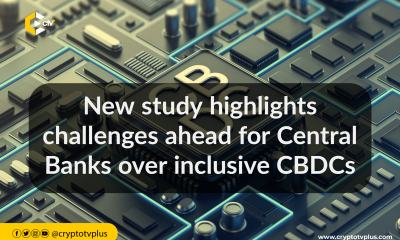



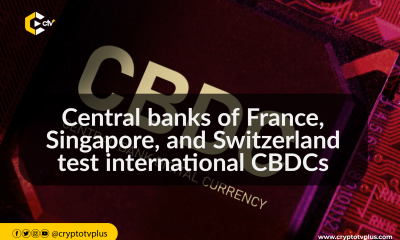











1 Comment